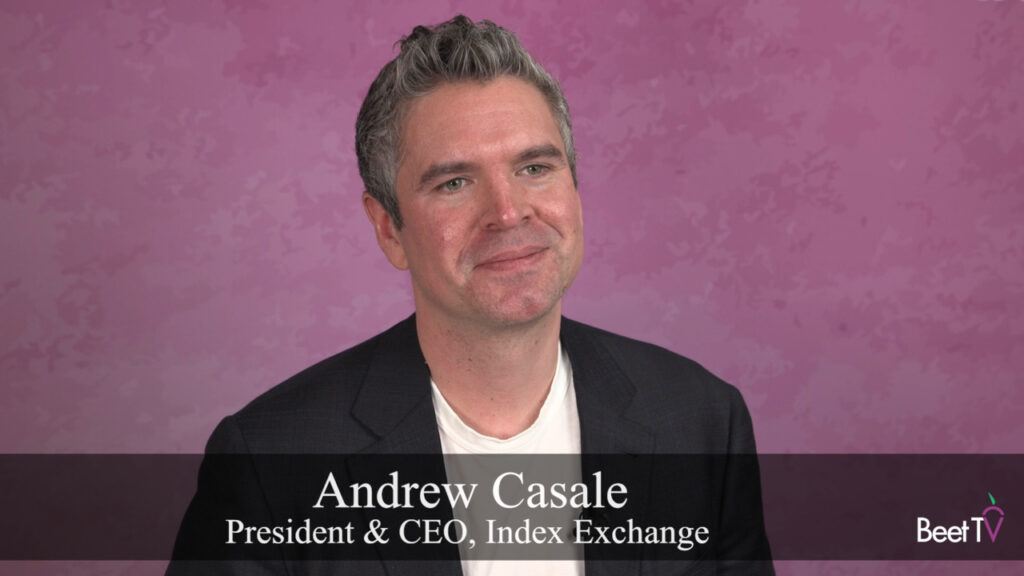Retail media networks offer brands an opportunity to unlock consumer insights that were once the preserve of retailers and credit card companies.
That’s according to Dave DeRobbio, Director of API & Off Platform Data Partnerships at Instacart Ads.
The growth of e-commerce and retail media networks means brands can now access information about who bought their products. At the same time, the shift from linear TV to connected television and streaming services means advertisers can know which households were exposed to their messaging.
“Being able to tie those two together I think represents really some of the greatest opportunity that we have over the next few years,”DeRobbio says in this video interview with Beet.TV editorial director Lisa Granatstein.
Lack of Standardization Poses Challenges
While the ability to connect ad exposures with conversions offers opportunities, there are also challenges in making those connections due to the lack of standardization among intermediary third-party vendors, according to DeRobbio.
He declares himself “not sure we’re ready for full standardization yet”, urging the marketplace needs to “sort itself out”.
Until then, relevancy is critical for retail media as brands and agencies have an opportunity to engage with consumers on platforms like Instacart, where shoppers are “extremely leaned in, extremely intent focused,” DeRobbio says.
“If you’re on our platform, you’re there to convert, you’re there to buy, you’re there to build baskets. And so that’s a huge opportunity and an extremely relevant opportunity,” he says. “Add in some of the tools that we have where a brand can message to specific consumers based on that intent, optimize those messages based on performance across at Instacart 1,500 retailers. That’s a huge opportunity.”
AI Powers Search and Advertising
Artificial intelligence plays an important role in retail and e-commerce platforms, especially for search functionality. Instacart has employed machine learning for its consumer products and advertising products to optimize the messages delivered to shoppers, DeRobbio says.
The company also has released an optimized bidding tool that uses machine learning for Instacart advertising products.
“We’ve seen tremendous success with marketers moving some of their budget over to that tool as much as 50% jump in return on ad spend when letting that AI functionality do some of the work for them,” DeRobbio says.
You’re watching “Why Relevance Rules in Ecommerce,” a Beet.TV Leadership Series presented by Rokt. For more videos from this series, please visit this page.


































